While restaurants and classrooms have enacted policies banning cell phones, one father has had enough of his kids' obsessive phone habits. Dr. Tim Farnum is now seeking to ban the sale of smartphones to children under 13.
Yes, you read that right. Farnum was inspired to propose the legislation when he saw his children becoming withdrawn. He observed his once lively and social children become antisocial and reclusive when on their smartphones, so he decided to take legal action. If the legislation passes, Colorado will be the first state to enact rules of this kind.
Psychology Today recognizes nomophobia — the fear of being without your smartphone — as a real problem afflicting nearly half of all Americans, so is Farnum on to something?
Farnum has partnered with the nonprofit organization Parents Against Underage Smartphones (PAUS) to propose the legislation. If passed, retailers would have to ask for the age of a device's user, and anyone under 13 would be denied a phone. Moreover, retailers would be required to submit monthly adherence reports to the Colorado Department of Revenue. Violations would result in fines ranging from $500 to $2,000.
Farnum's proposition needs 300,000 voter signatures to be placed on the ballot and actually voted on in 2018. Unfortunately, for him, government officials in the state are already speaking out against the bill. Democratic Senator John Kefalas is sympathetic to Farnum's goals in passing the legislation but does not feel the government should be involved in regulating children's smartphone usage.
Frankly, I think it should remain a family matter. I know there have been different proposals out there regarding the internet and putting filters on websites that might put kids at risk. I think ultimately, this comes down to parents ... making sure their kids are not putting themselves at risk.
It's much debated as to whether smartphones and other frequently-used technologies benefit or disadvantage us. When it comes to children, there's been a lot of discussion as to whether smartphones and tablets are hindering their social and academic success. The American Academy of Pediatrics (AAP) recommends children under 2 years of age have little to no screen time, 2 to 5-year-olds only view high-quality programs, and those 6 and older have limits put into place by their parents. AAP guidelines also highlight that there should be media-free spots in the house, such as bedrooms or the dinner table.
Farnum's concerns are certainly echoed by guidelines like this and worries of other parents, but the danger in this rhetoric is the disregard for technology's benefits. Smartphones can serve as a distraction for children, but they can also be used to help them focus. For example, StudyBlue conducted a study and found that students who used the website's mobile app studied significantly more per week than those just on desktops or laptops. These findings show that smartphones can be used to access learning materials more easily than other devices or classroom resources.
Moreover, technology can — and has — been used by children in life-threatening circumstances. Back in March, a four-year-old boy in London utilized Siri to call the police when his mother suddenly collapsed. She wasn't conscious or breathing, so without her son's use of a smartphone, she would've died.
In France, a seven-year-old boy at a migrant camp in France heroically used his cell phone to save the lives of numerous individuals. Traffickers captured the young boy along with 14 other migrants, transporting them to an unknown location. Fortunately, the boy had been gifted a phone by a volunteer at the camp named Liz Clegg. He texted Clegg and she was able to contact police and get the migrants to safety.
The villainizing of smartphones dangerously asserts that they serve no beneficial purpose, when they clearly serve many. Smartphones contain resources that can greatly benefit us all, but the issue is teaching children how to use smartphones in moderation. Although Dr. Farntum's concerns are valid, enacting legislation may not be the way to go. By teaching children how to appropriately use smartphones and addressing any issues arising from overuse, parents can ensure that smartphones add to — and don't detract from — the lives of their families.
- Follow Gadget Hacks on Facebook, Twitter, Google+, and YouTube
- Follow WonderHowTo on Facebook, Twitter, Pinterest, and Google+
Cover photo via Channel 4 News/Youtube







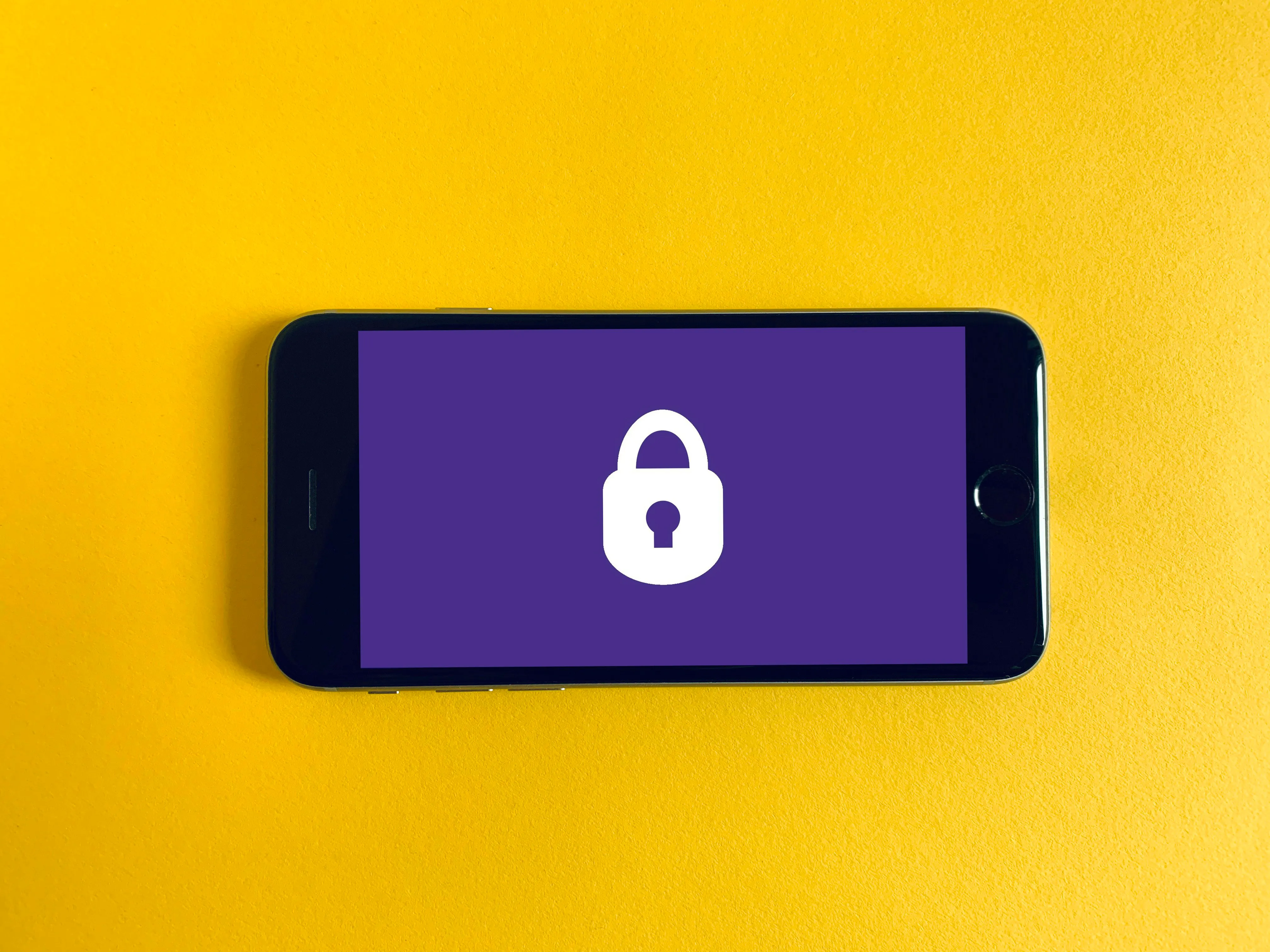
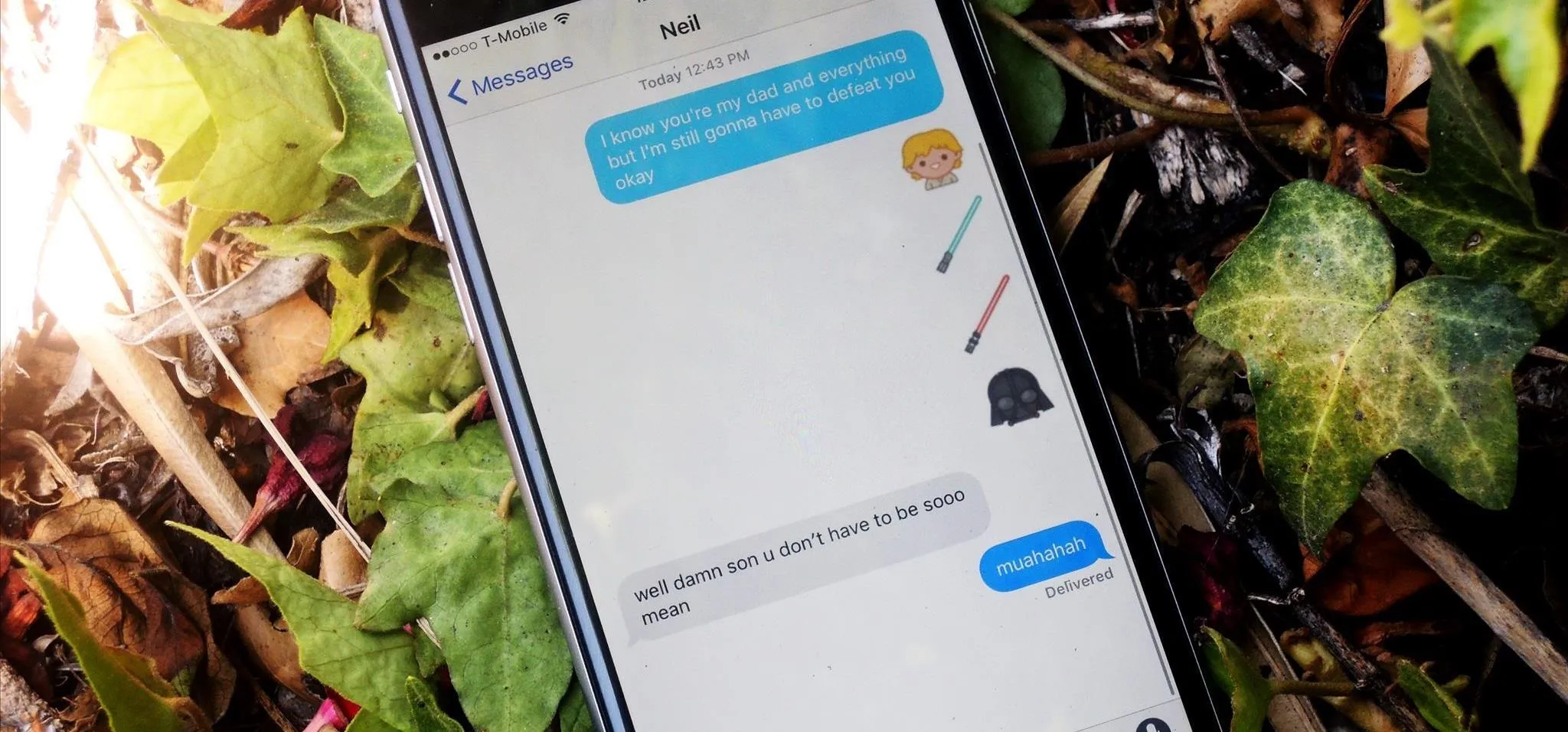




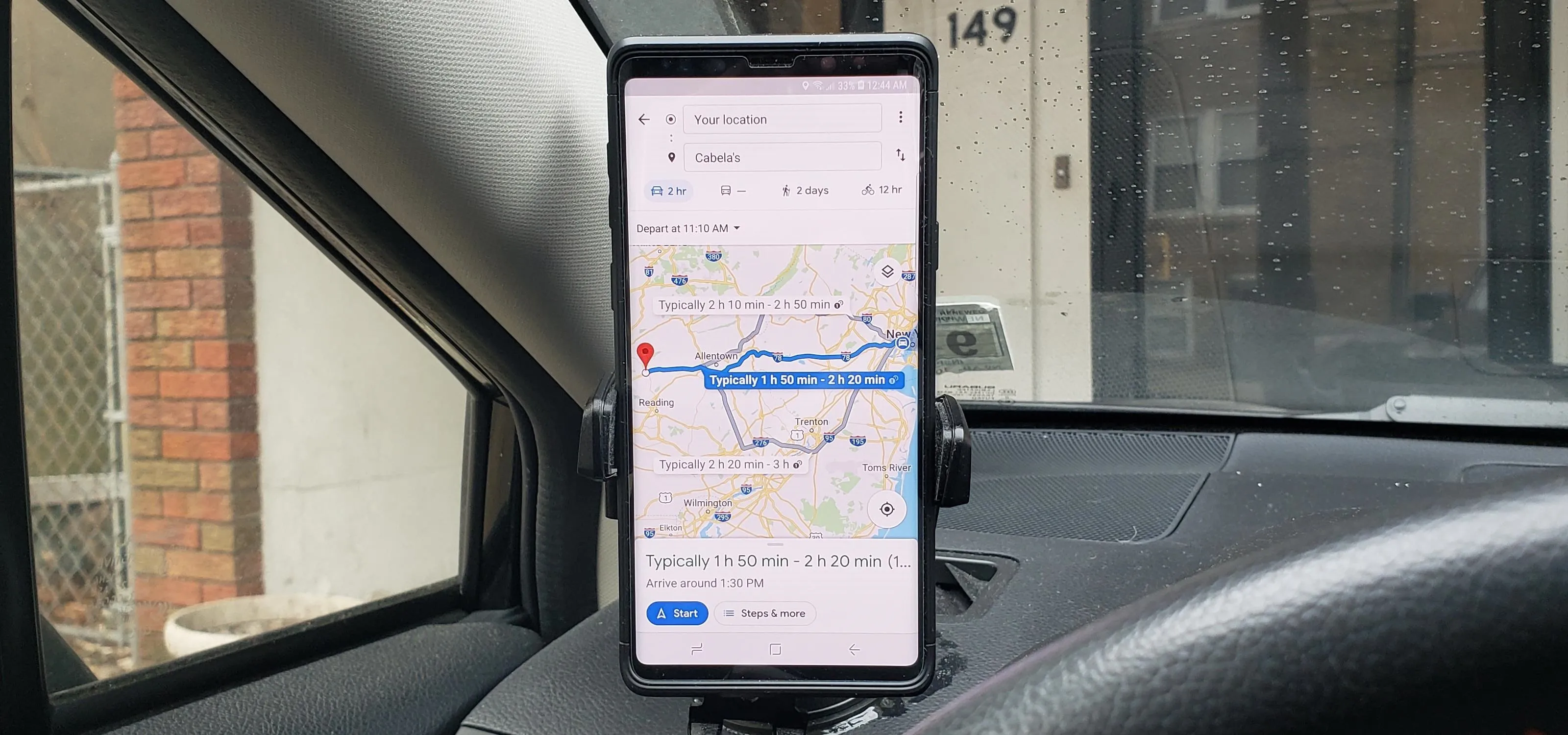




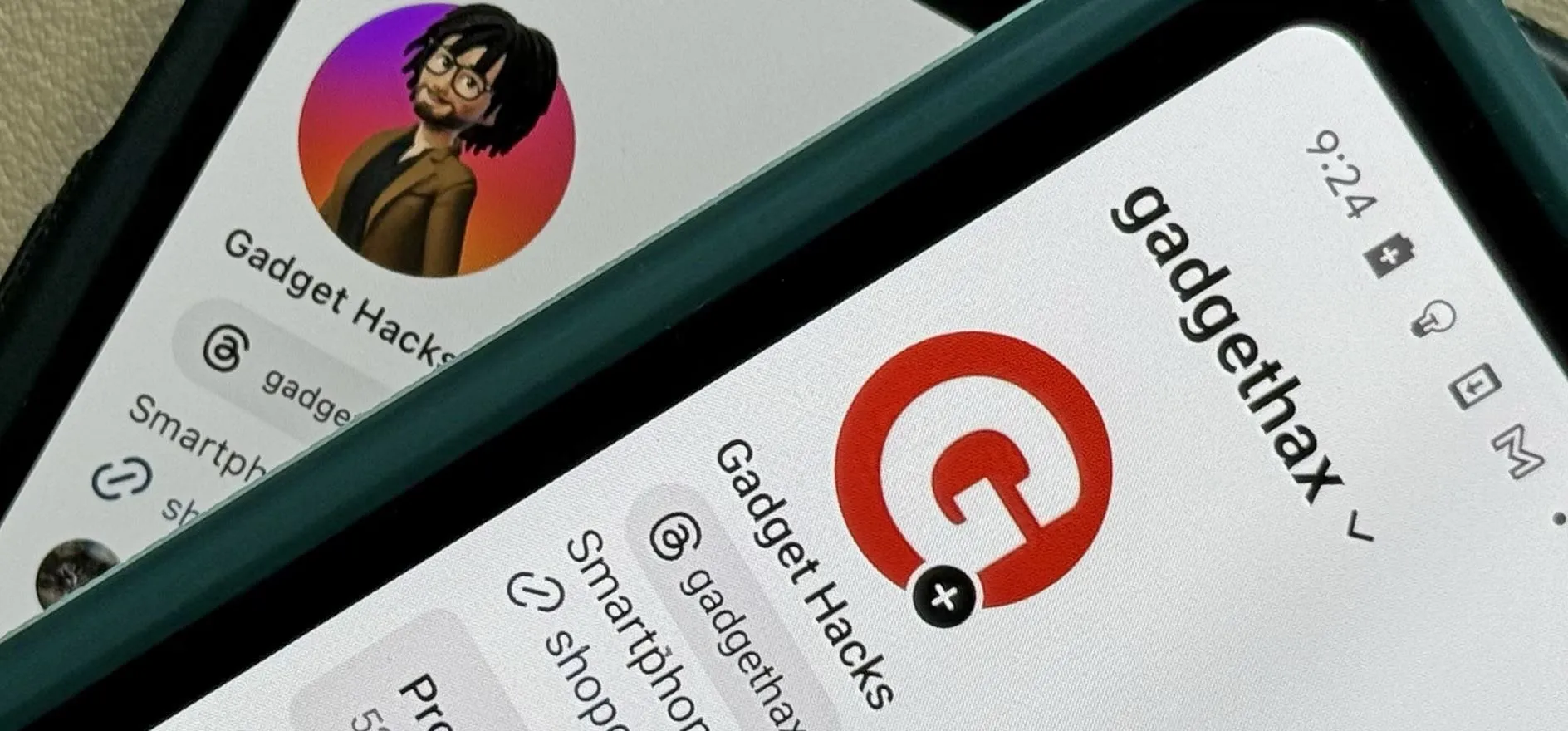
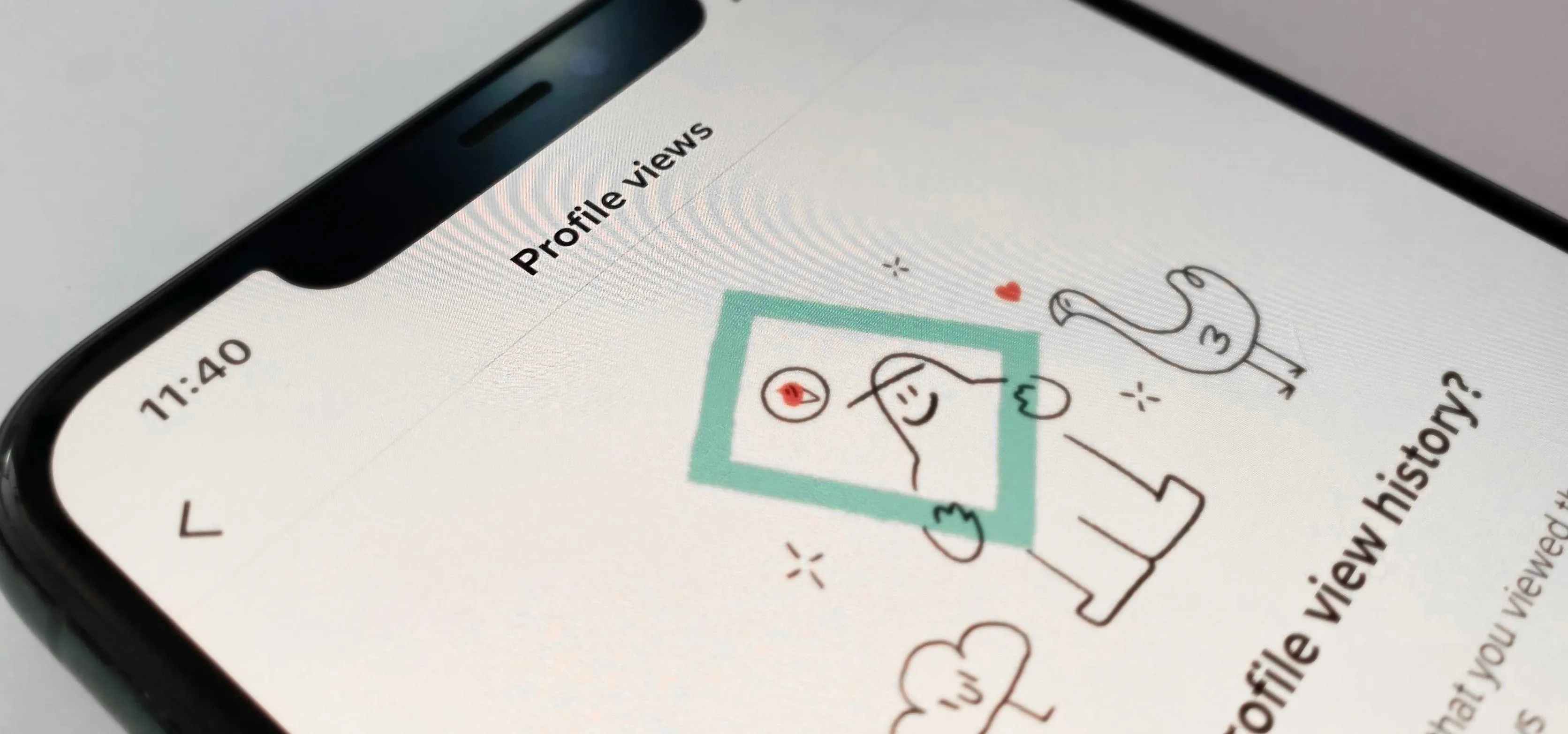




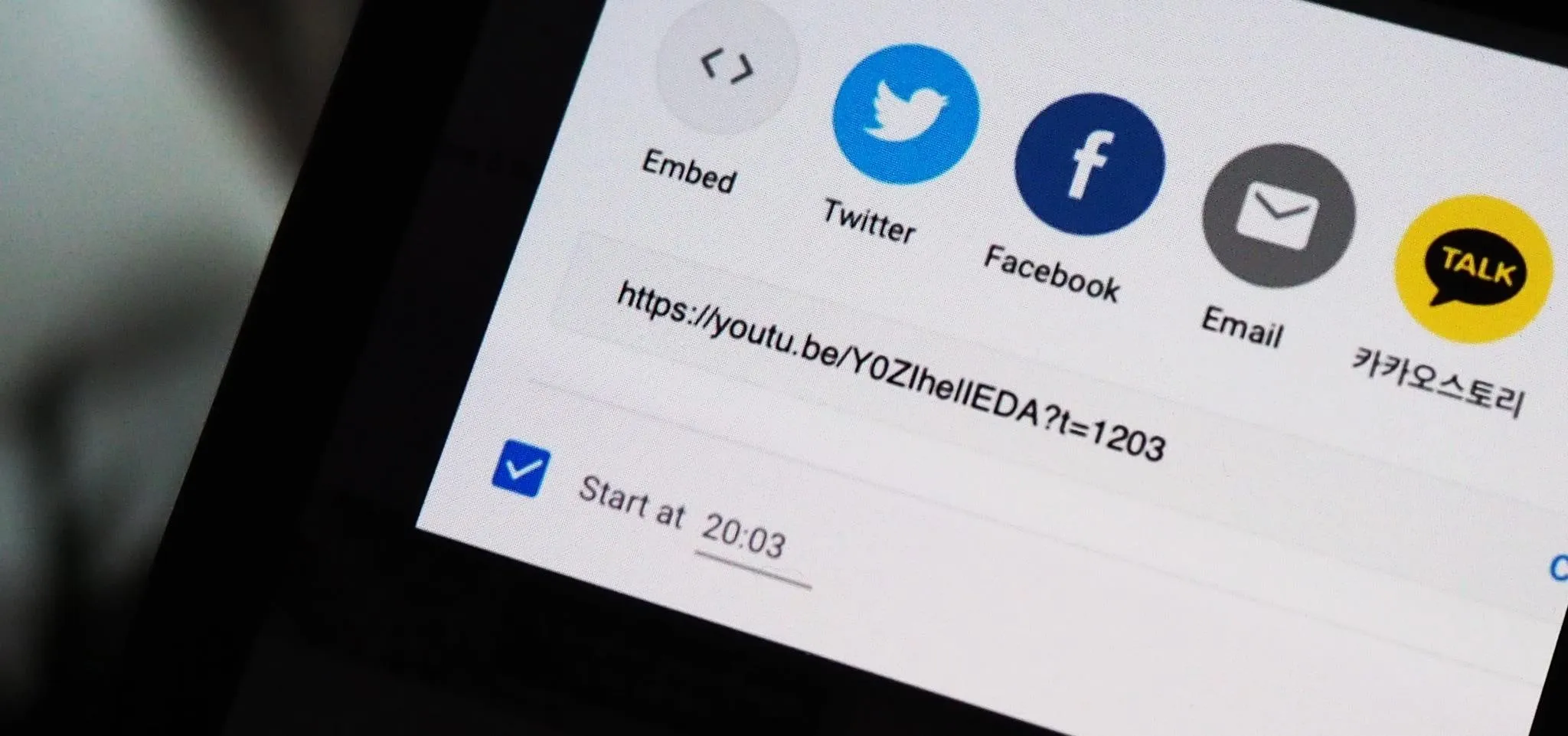
Comments
Be the first, drop a comment!